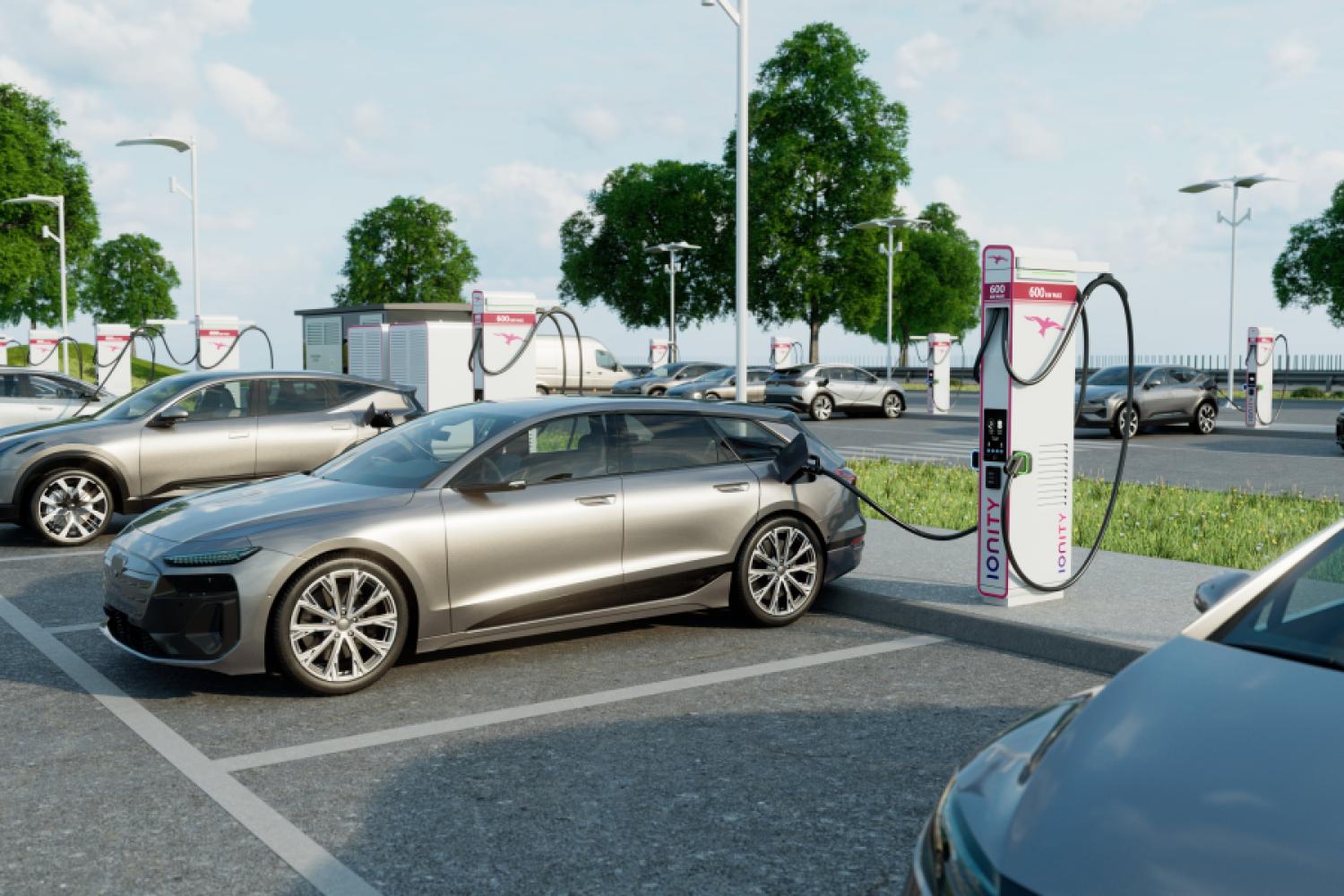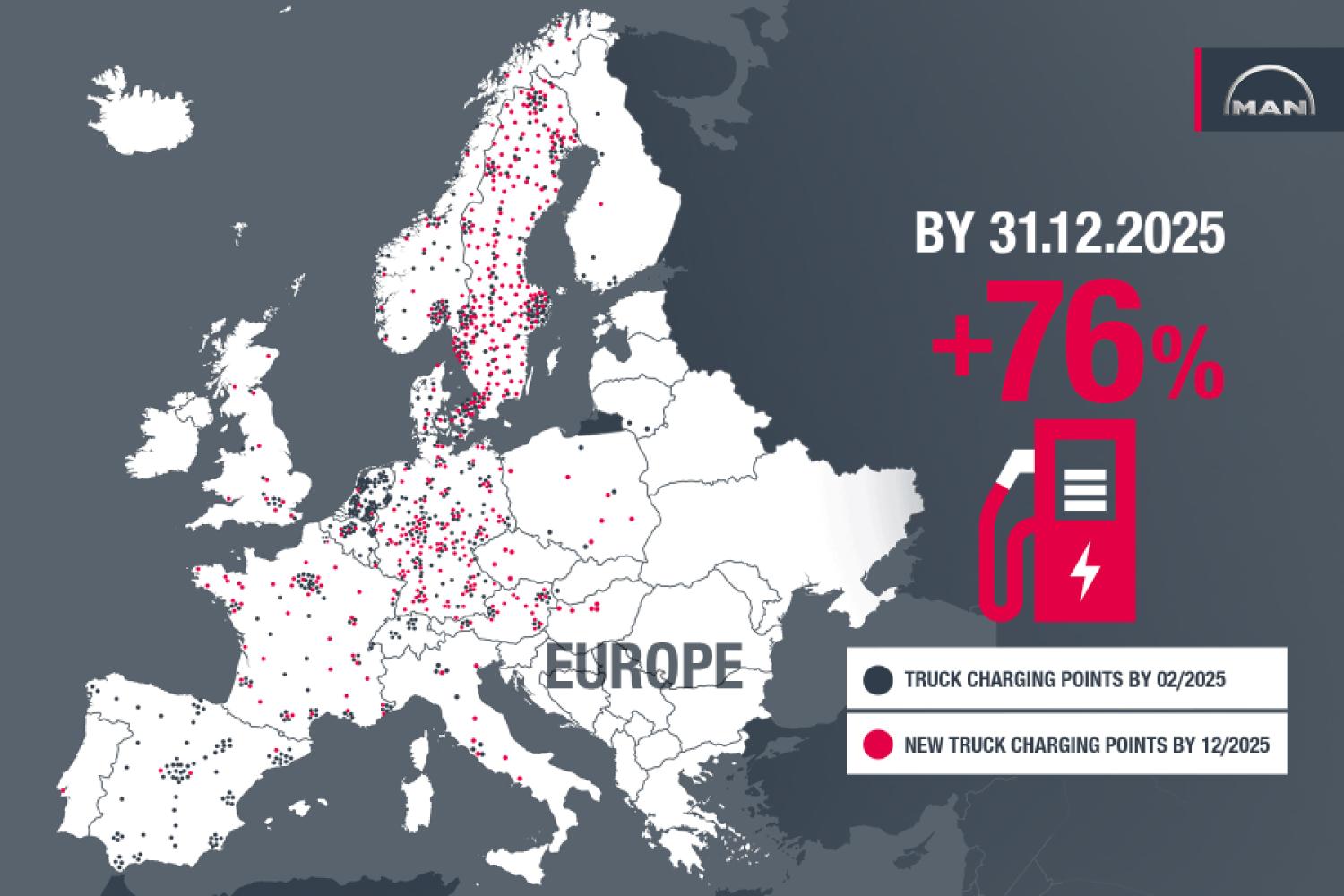LOGISTRA: What exactly does the ISO27001 certification mean and what specific benefits do customers get from it?
Claudia Vogt: This certification is a globally recognized standard for data security and management. This means that with our digital Ford Pro offerings, we have independently verified and thus robust security controls in place. Our customers can therefore rely on us to take data protection very seriously and that their data is in good hands with us, because it is secure.
The growth in Ford Pro Telematics subscriptions is impressive. Can anything be said about the effects yet? Does it already impact downtime and uptime? How are costs or expenses reduced as a result?
Fundamentally, our Ford Pro ecosystem significantly increases the operational times of fleet vehicles. Of course, the impacts vary depending on the size of the fleet, the route profiles, and driving behavior. We have fleet customers who, thanks to our digital services and mobile service, have been able to reduce the downtime of their fleet vehicles by 60 days per year. Additionally, customers using Ford Pro Telematics save up to 10 percent in fleet consumption through more efficient driving as well as more efficient route and deployment planning.
Connectivity has many advantages, but also disadvantages: How are the vehicles protected against hacker attacks?
Cybersecurity is extremely important to us, and we take all necessary measures to protect the data.
How long are the customer's data stored and where?
The data is deleted after twelve months. We store them on US servers.
Electrification and digitalization go hand in hand. Why is digital fleet management particularly interesting with electric vehicles?
Our software already aids in the transition to electromobility. Our E-Switch Assist uses real-time data to show which fleet vehicle it would be sensible to switch to an electric model. Additionally, Ford Pro E-Telematics offers special features for connected electric vehicles, such as checking the charging status, planning the range, or setting preconditioning while the vehicle is charging, saving energy for the drive battery. And with Ford Pro Charging, our software also helps with smart charging at the best price or billing energy costs when fleet vehicles are charged at employees' homes.
Is it already possible to estimate how much the use of AI is further improving the software and increasing customer benefit, particularly with regard to preventive maintenance?
We are investigating how our customers benefit from AI applications and how we can increase their productivity with them. However, I cannot provide more specific information at this time.
Keyword "the transparent driver": What has the response from drivers been so far? After all, one is almost constantly monitored, including aspects such as driving style. Is this motivation or demotivation?
It primarily depends on the communication from the supervisors. We have customers who, for example, announce a competition among the drivers: Whoever has committed the fewest traffic offenses or driven the most economically by the end of the year receives a prize. I think it's a great idea—because something like this definitely motivates the employees.
Where will Ford Pro be with its telematics in five years? Will the connected vehicle become the standard?
Yes, vehicle connectivity will certainly be the standard by then. And we will continue to expand our Ford Pro offering and introduce even more features that help vehicle health, enhance vehicle safety, improve proactive maintenance, and support electrification. In other words, we will further simplify our customers' fleet management and thereby increase their productivity.
Thank you very much for the conversation!






